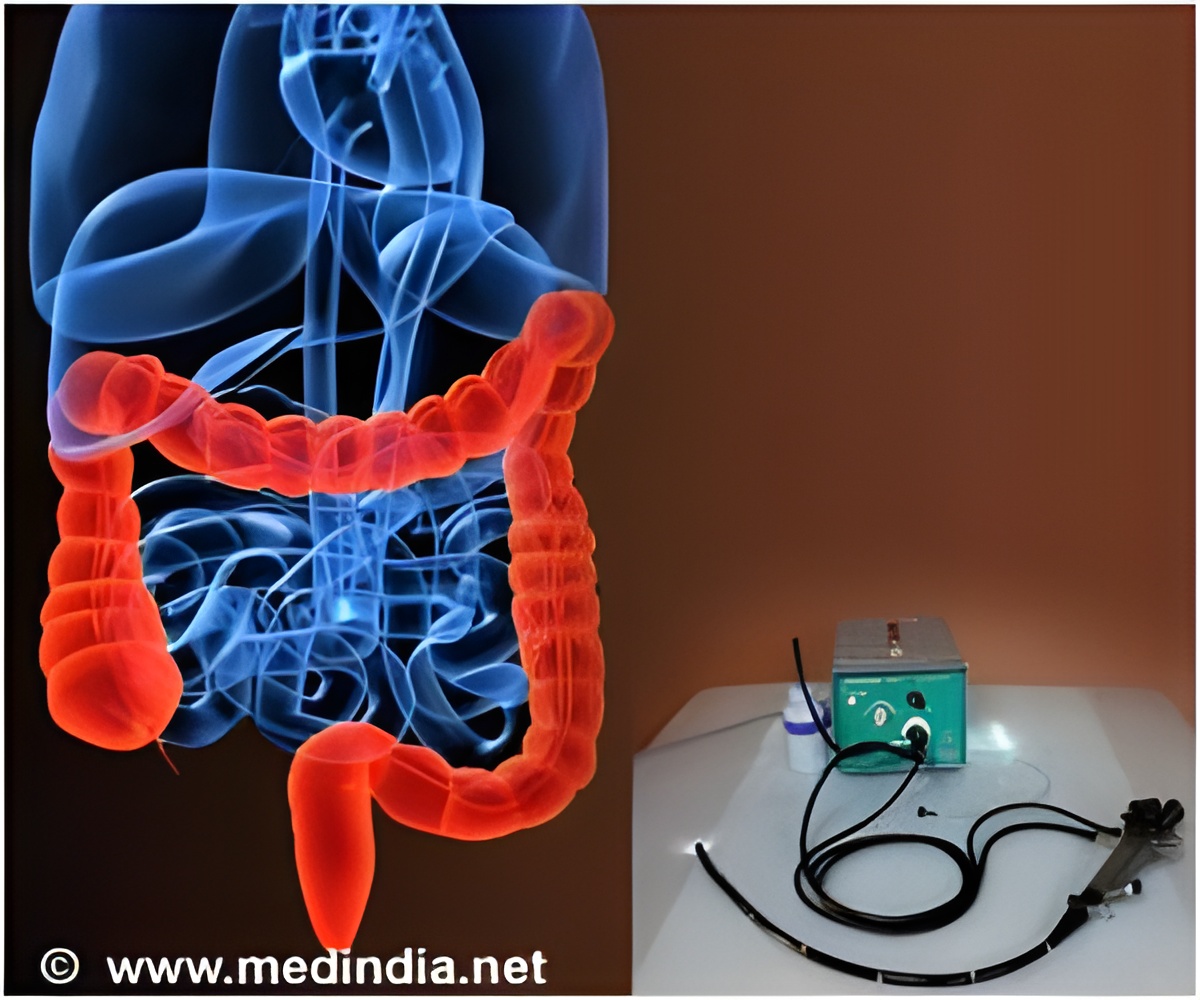
Pruitt and colleagues evaluated disparities in emergency colorectal cancer presentation using nationally representative Surveillance Epidemiology and End Results-Medicare data from 1992 to 2005 of U.S. adults aged 66 and older with invasive colorectal cancer.
They identified 88,859 patients with colorectal cancer, and of those, 29 percent presented as emergencies. Of these, 81.3 percent had an emergency admission, 31.6 percent were obstructions and 4.2 percent were perforations. In unadjusted analyses, African-American patients with colorectal cancer were 64 percent more likely to present as emergency cases, and those patients with colorectal cancer living in census tracts with the highest poverty rate (greater than or equal 20 percent versus less than 10 percent poverty) were 31 percent more likely to present as emergencies.
After researchers statistically controlled for multiple factors including cancer stage, patient health status and sociodemographic factors, African-Americans were 29 percent more likely to present with emergency cases, and those living in census tracts with the highest poverty rate were 10 percent more likely to present with emergency colorectal cancer.
"We already know that African-Americans and economically disadvantaged populations face an increased risk for death from colorectal cancer," Pruitt said. "In future research, we will attempt to understand how emergency presentation of colorectal cancer contributes to racial and economic disparities in death from colorectal cancer."
Funding sources for this study include the Cancer Prevention Research Institute of Texas, the National Cancer Institute and the National Center for Research Resources.
Advertisement












